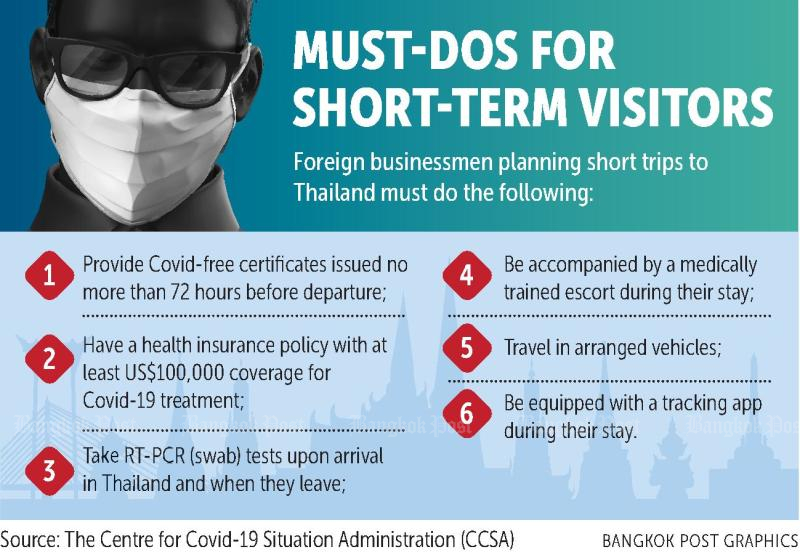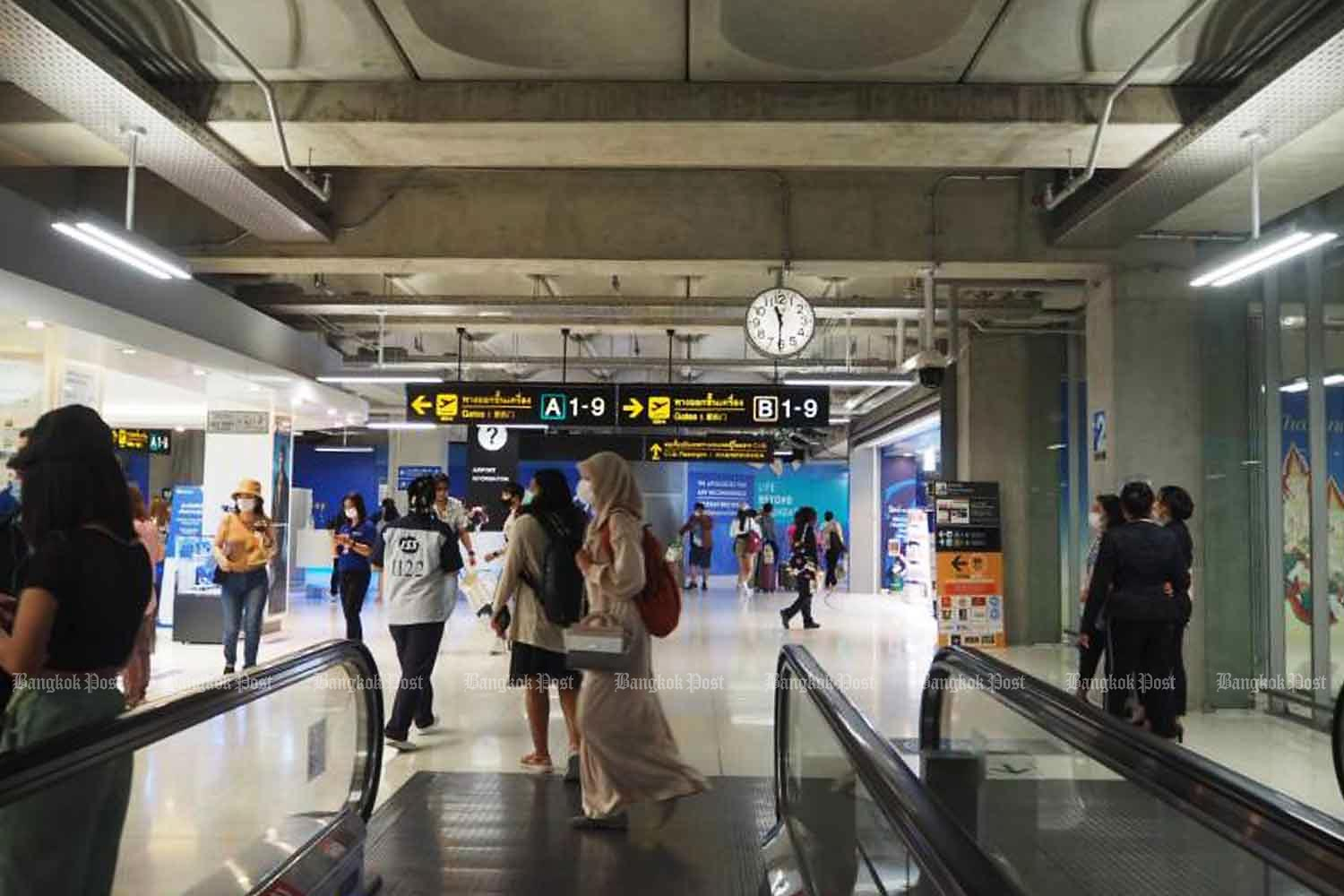Pailin Chuchottaworn, head of a panel steering the economic recovery, on Monday urged the government to reopen the country in order to prevent it from collapsing.
He said that despite the lockdown having been gradually eased six times, the country’s output would not improve unless the country reopens, albeit with precautionary measures.
This year’s annual GDP is predicted to fall to minus 8-10%, equating to the country losing 1.5-1.7 trillion baht in a single year, Mr Pailin warned.
He said that although the government had spent some time preparing to reopen the country to foreign tourists under the Special Tourist Visa (STV) scheme, Thailand is effectively closed.
If Thailand could not find a way to reopen its borders for the upcoming high season in the fourth and final quarter of this year, the STV scheme may have to be scrapped, he said.
“Currently, tourism is an important priority,” Mr Pailin stressed.
“If the country does not reopen, it will be hard for GDP to grow because the country’s economy depends mainly on the tourism industry and exports.”
He went on to say that the Centre for Covid-19 Situation Administration (CCSA) had done well in controlling the spread of the Covid-19 pandemic but maintaining zero cases of local transmissions by keeping the country closed had come at the expense of the economy.

The fourth-quarter season was vital and airlines needed to make their flight schedules in advance, Mr Pailin said.
If no steps were taken soon to reopen Thailand during the peak season, there would be no time to schedule incoming flights and if it reopened any time after that, it would be too late.
Mr Pailin also lamented the number of requirements for foreign travellers to enter Thailand.
For example, they not only needed to show they had tested negative for Covid-19, but the test also needed to be taken 72 hours prior to travel. They must also have a medically trained escort with them, though it is unclear where they will find such people.
Those foreigners also had to undergo another test upon arrival and yet more while in quarantine, he said. Mr Pailin added that the 72-hour requirement also made it impossible to travel on Monday because of Saturdays and Sundays were non-working days.

